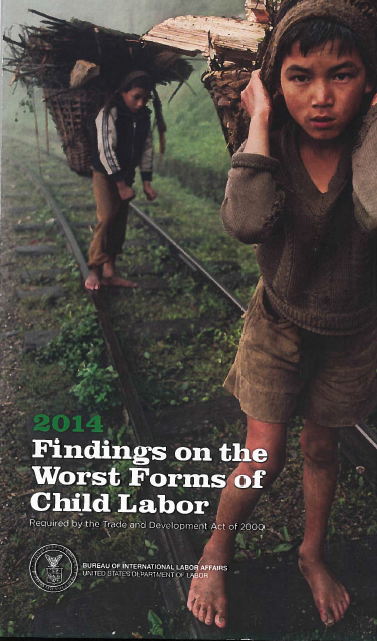NCL statement of support for FDA nominee Dr. Robert Califf – National Consumers League
October 30, 2015
Contact: NCL Communications, Cindy Hoang, cindyh@nclnet.org, (202) 207-2832
Washington, DC-The National Consumers League (NCL) has issued the following statement on the President’s nomination of Dr. Robert Califf to serve as the new head of the U.S. Food and Drug Administration (FDA). The statement can be attributed to NCL Executive Director Sally Greenberg:
Dr. Califf will be responsible for ensuring the safety, efficacy, and accuracy of marketing of the products the FDA regulates. He offers an impressive academic background and is an internationally recognized expert in cardiovascular medicine and quality of care.
We have met with Dr. Califf on several occasions, including as part of a larger meeting with consumer and health care groups, where he has repeatedly stated his commitment to the FDA’s crucial role as an independent agency charged with regulating companies that make drugs, medical devices, food, and cosmetics.
We look forward to working with Dr. Califf to ensure that patient and consumer protection remains paramount under his tenure as commissioner.
NCL and FDA have a longstanding relationship. We’ve worked closely with FDA on NCL’s Script Your Future Campaign to raise public awareness of the importance of medication adherence. In addition, I serve on the Reagan Udall Foundation Board, a nonprofit private public partnership established by Congress to help carry out the mission of the FDA.
We’ve also worked closely with former commissioners, including Dr. Margaret Hamburg, who received our highest honor, the Trumpeter Award, in 2011. Commissioner David Kessler was also a Trumpeter Award recipient in 1994. We look forward to learning more about Dr. Califf during his Senate confirmation hearings and to welcoming him to his new role at FDA.
###
About the National Consumers League
The National Consumers League, founded in 1899, is America’s pioneer consumer organization. Our mission is to protect and promote social and economic justice for consumers and workers in the United States and abroad. For more information, visit www.nclnet.org.


















